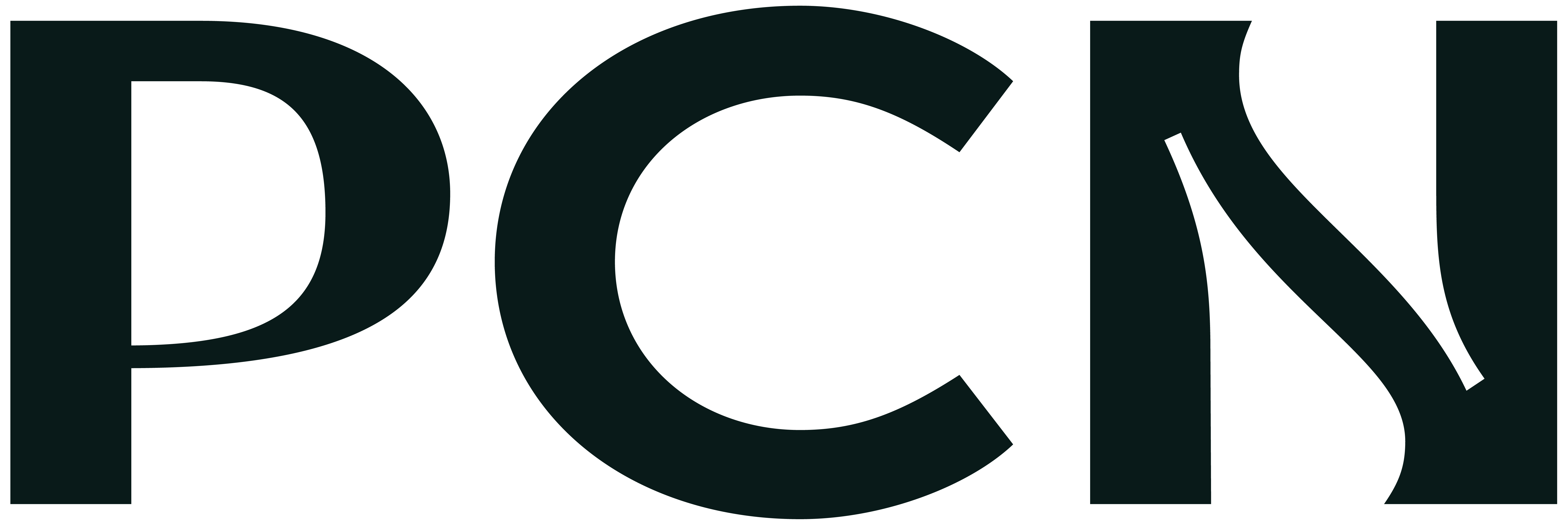The financial services sector has traditionally had high barriers to entry, but has evolved significantly in Europe over the last decade.
This change followed the 2008 global financial crisis, and happened under the influence of key trends, regulations and innovations – including open banking, digital economy, artificial intelligence, blockchain, and cryptocurrency.
European startups were quick to use technology to bridge gaps in services provided by traditional banks, giving rise to the robust financial technology (fintech) sector in the EU.
Today, the EU is home to many companies in alternative banking, payments, wealth management, lending and mortgage, and insurance, with about 40 companies valued above US$1 billon.
Did you know?
- Fintech receives the largest share of total investor capital in the EU, accounting for 20 per cent of total deal flow in Europe in 2019.
Opportunities for Singapore companies
Singapore firms benefit from the country’s position as a leading international financial centre, and the high levels of global confidence and trust that it enjoys. Singapore’s regulatory approach to the fintech sector ensures that risk management safeguards are in place.
To facilitate financial transactions among organisations and with Singapore’s trading partners, Singapore’s financial sector has adopted the international standard ISO 20022, on electronic data transfers in the financial industry.
Its adoption by the Singapore Exchange, for instance, has enabled greater automation and straight-through processing, and helped to reduce data processing risks.
POLAND
Economies in Central and Eastern Europe are notable for their growing opportunities in payments, even as established payments companies in Europe consolidate their payment, point-of-sale and remittance services.
Traditional banks in this region are also upgrading their domestic ecosystems through innovation.
For example, Poland established a mobile payment system and the first non-card payment scheme BLIK, created by Polish Payment Standard – a joint venture of Poland’s six largest banks – back in 2015.
Almost the whole Polish population of 38 million are online banking users today and about 8.7 million use mobile banking.
As early as 2017, the Monetary Authority of Singapore and the Polish Financial Supervision Authority signed a fintech cooperation agreement.
Polish firms have shown interest in collaborating with their Singapore counterparts, with a strong presence at the Singapore FinTech Festival x Singapore Week of Innovation and TeCHnology event in 2019. In conjunction with that event, the Polish Embassy in Singapore held a networking meeting called “Fintech Made in Poland”.
WESTERN EUROPE
The scene in Western European markets differs slightly. While there remain opportunities in payments, as nations aspire towards a cashless society, these markets pay relatively more attention to complementary aspects within the fintech value chain.
The Danish capital Copenhagen is a fintech hub in the Nordic region and is known to have strengths in areas like AI-enabled cybersecurity, process optimisation and investment software.
In 2018, the DanSing FinTech Bridge was established to help financial institutions on both sides gain access to new partnerships and talents.
Spain has experienced tremendous growth in the fintech sector, and its government has been refining its fintech regulatory sandbox. It devotes significant resources to developing investment and tax accounting innovations, B2B solutions, and 5G.
Germany has a vibrant and growing fintech sector, with some 900 fintech firms. Its traditional banks and companies are also developing innovative digital solutions by cooperating with startups. They often favour working through a corporate innovation arm, accelerator or financial networks with startups to speed up their product development.
Singapore fintechs and startups that are interested to work with German banks or financial companies can consider getting into contact with these innovation arms and networks, such as TechQuarter and Plug and Play Fintech in Frankfurt.
Source: The Business Times
Check out our other articles here.

